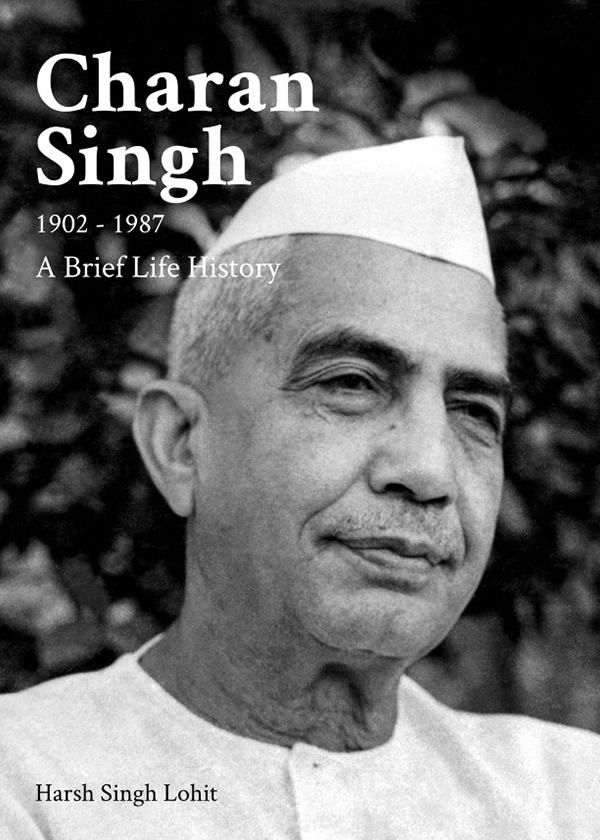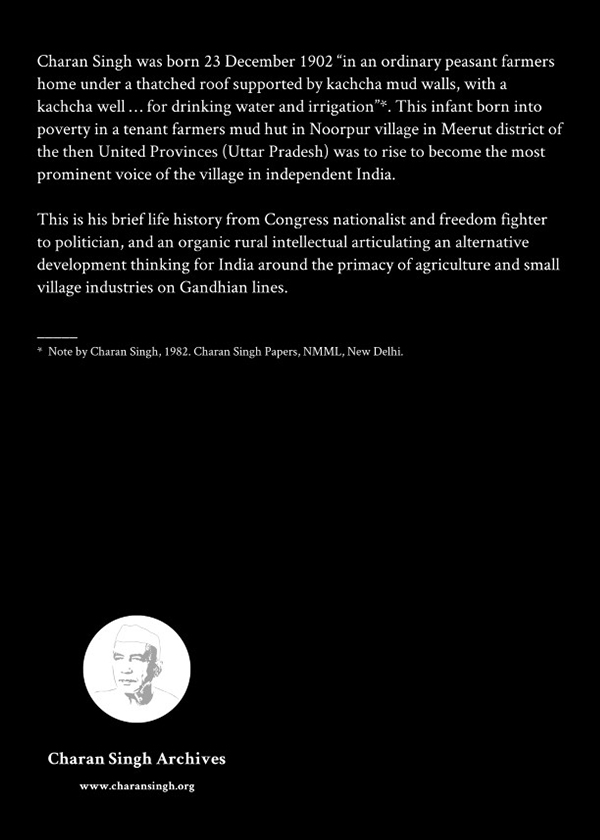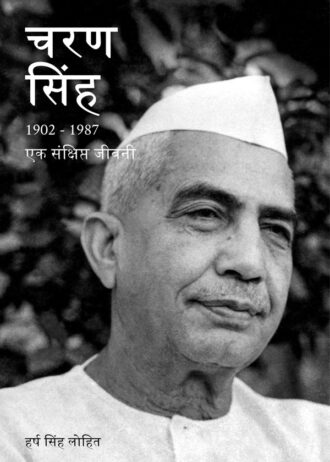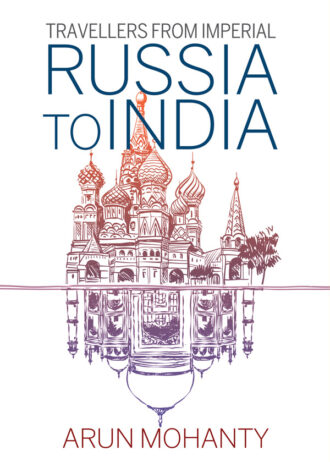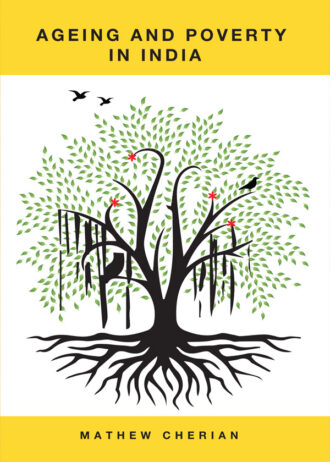This brief life history of Charan Singh takes the reader through the early influences of Swami Dayanand and Mahatma Gandhi on Singh, his immersion in the freedom struggle, his long political life in Uttar Pradesh and Delhi, and his abiding importance as an organic intellectual of village India with a complex, sophisticated and coherent strategy for India’s development at variance from all post-Independence governments. A detailed chronology of Singh’s life is a fascinating glimpse of politics in India from the Forties till the Mid-Eighties.
Singh was a man of simplicity, virtue and morals in the Gandhian mould, his upright character and honesty recognised by all. This enabled him a reputation as a strong administrator, an upholder of the law of the land. He believed in a fundamentally democratic society of small producers and small consumers brought together in a system neither socialist or capitalist but one that addressed the uniquely Indian problems of poverty, unemployment, inequality, caste and corruption. Each of these issues remains intractable today, and his solutions as fresh and relevant to their amelioration and ultimate eradication.
A scholar of extraordinary capability, Singh wrote a number of books, political pamphlets and numerous articles in English on his belief of the centrality of villages and agriculture in India’s political economy which are even more relevant to India today as we struggle with an agrarian crisis and 67% of our population in the villages. His first publication was the 611-page report of the Zamindari Abolition and Land Reforms Committee in Uttar Pradesh in 1948. He also wrote, amongst others, Abolition of Zamindari: Two Alternatives (1947), Joint Farming X-Rayed: The Problem and Its Solution (1959), India’s Poverty and Its Solution (1964), India’s Economic Policy: The Gandhian Blueprint (1978) and Economic Nightmare of India: Its Cause and Cure (1981).

